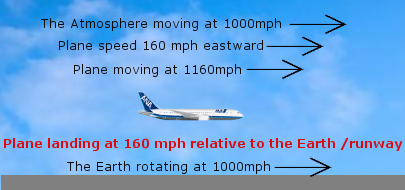If Earth was a sphere the visible stars would be different

The visible stars are a big problem for flat Earthers because what we observe is 100% consistent with a spherical Earth and completely impossible on a flat Earth. Their solution? Simply to lie about what is observed. These lies include denials of observations that are impossible on a flat Earth and pretending that observed stars would be impossible on spherical Earth. For the latter, it could be that Dubay simply can't do simple trigonometry but I think that he is once again deliberately lying. The strange thing about this is that everyone is capable of putting these claims to the test simply by looking up at the night sky. The fact that flat Earth believers refuse to put these "proofs" to the test tells you that they are not really interested in truth, they are only interested in feeling good about their beliefs and will simply unquestioningly accept as fact anything that backs up these beliefs. Ignorance truly is bliss. 99...


